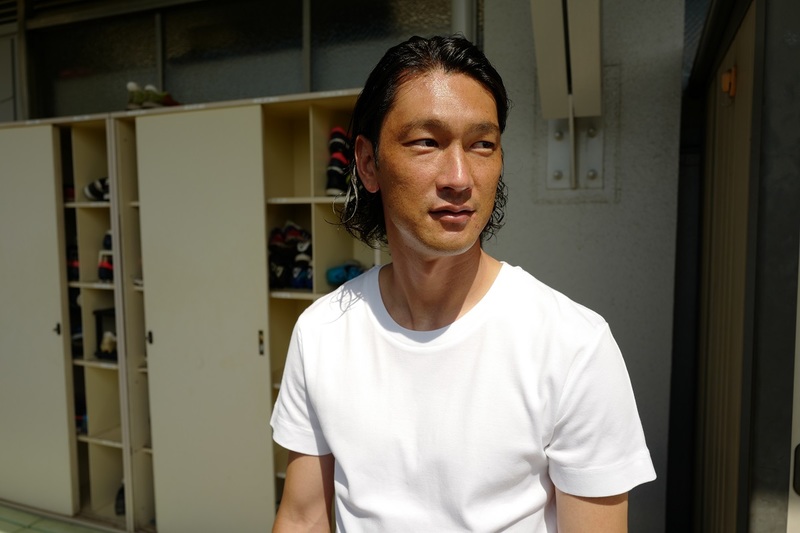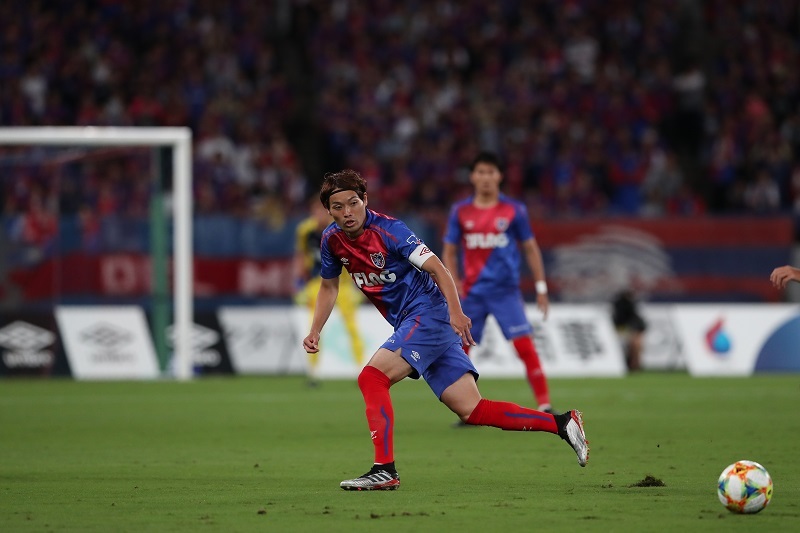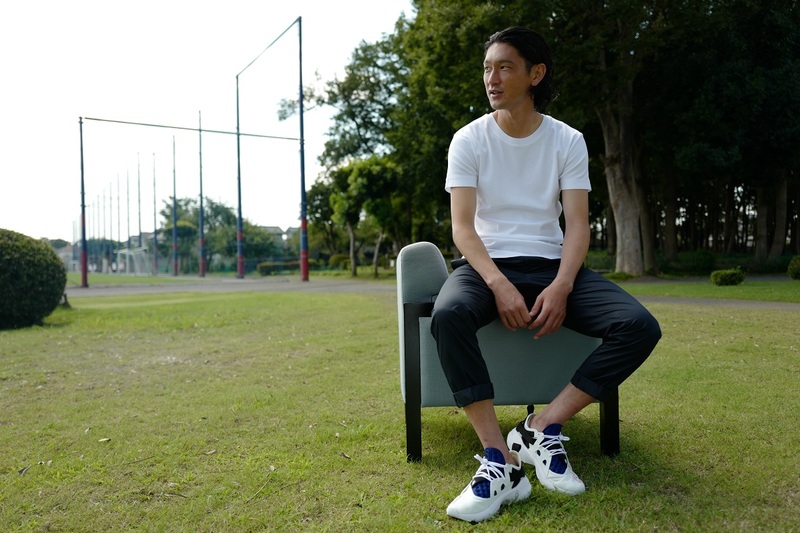"I love him so much that it's hopeless."
My senior reporter described Yojiro TAKAHAGI's play like that.
Even though I have such a fickle personality, my play never bores people.
Why? Maybe because his way of life is reflected in his play.
Endless pursuit without a correct answer.
I have enjoyed it more than anyone else.
Falling in love with soccer at some point, falling in love with someone.
Yojiro TAKAHAGI is still in the middle of that loop, now and forever.
Fickle Rationalist
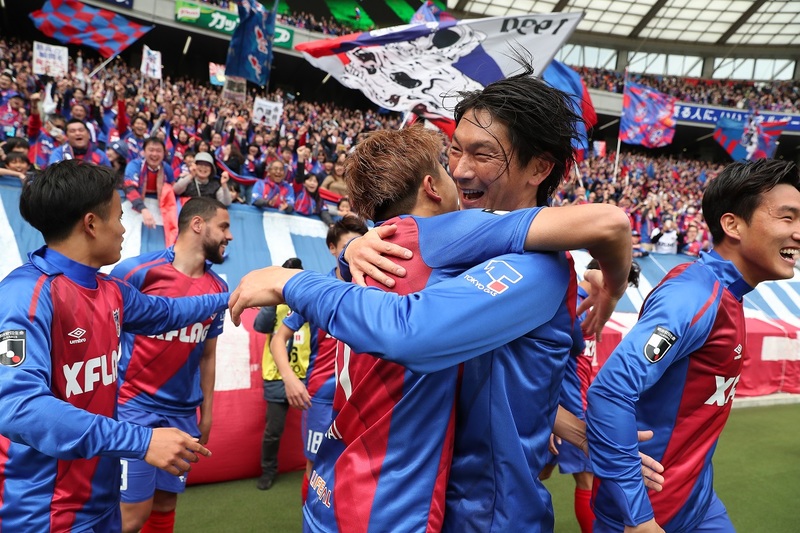
This was a kind of challenge.
"It would be interesting if we could convey Yojiro TAKAHAGI's way of life."
After finishing the coverage on that topic, there was a sense of accomplishment. However, it is difficult to put into words. As I was lost in thought, the photographer taking pictures next to me made a joke.
"I wanted to be born with a face like Yojiro's."
Certainly, he is a good-looking man with a charming appearance. But more than that, Yojiro has a captivating charm that attracts people. How can we express that? This is a much more difficult task than any mystery. He has such a mysterious charm.
Where people take a breath, there is space and waste is necessary, but he says he hates waste. Perhaps because of this, he always reads ahead and acts. When asked why, he responds, "Isn't it because he's impatient?" and continues like this.
"I don't want to waste my time predicting the future, so I'll just do it this way. As long as I'm doing it, I don't want to deal with anything troublesome."
It's a very rational and well-organized way of thinking. He's good at drawing the shortest route and making a plan. The preparation for the event organized by the players' association has become much smoother since he took charge. However, he can get bored easily because he can do anything. "Surfing, snowboarding, golf, scuba diving... I've tried everything," he says, listing the things he has challenged.
"I had a complete set of golf equipment and even got my scuba diving license. But I quickly got bored and stopped doing it. It was just for fun, so as long as I could do it to a certain extent, it was fine. So I gave up."
Even with that kind of personality, I have continued to pursue soccer single-mindedly.
"In the case of soccer, it doesn't always work out. There isn't really a correct answer, or rather, it often doesn't hit the mark. That's why it might be the only thing I'm not tired of."
I see, adding "for soccer" to the pillow of "I don't want to waste" makes sense. Perhaps the rolling ball has captivated him that much.
Endless Chase
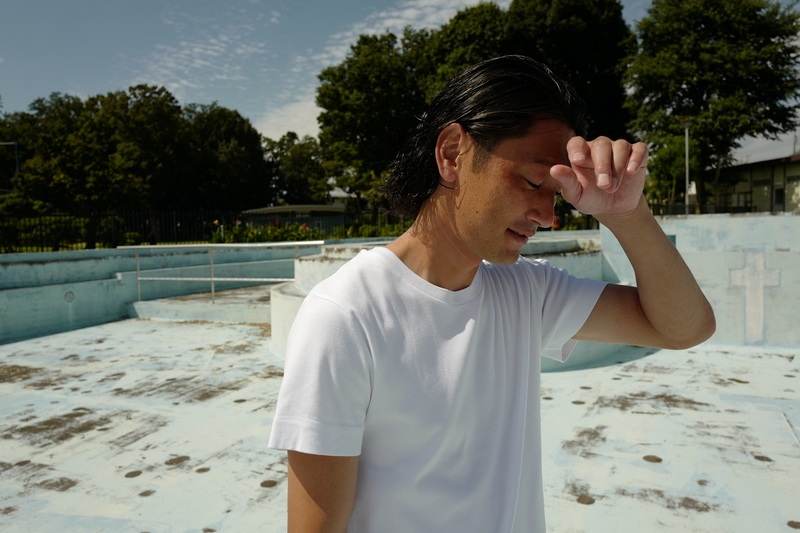
"Where did you feel the most fun in soccer?"
"When I hear that, I tilt my head and wonder, 'Why is soccer fun?' Crossing my arms, I say, 'I don't know because it's always fun.' I groan and say, 'I like it, but I don't particularly enjoy watching soccer, and if I think of it as work, I find it boring.' After thinking about it for a while, this was the answer I came to."
"I think it's because you can always grow like a child. I'm always not good enough, I never run out of things I want to do or become. I don't get bored because there are things I wish I had done or things I wish I had done differently. On the contrary, if I could do it perfectly, I wouldn't play soccer. I think I'll quit when I become perfect. But because perfection doesn't exist, I can keep playing forever."
They met in their hometown of Iwaki City, Fukushima Prefecture, where they have been chasing each other and kicking a ball almost every day. In fifth grade, they started attending the J-Village Soccer School, which was an hour's drive from their home, once a week "for the sake of soccer." They were blessed with great coaches and steadily grew both mentally and technically, eventually being selected for the U-15 Japan national team.
"In the U-15 Japan national team, there were only a few players from the National Athletic Meet. I was always worse than everyone else, so I just desperately tried to keep up. Especially, I hated the technical training before warming up. I thought I could show my skills in the game, so I always wanted the game to start quickly. There were plenty of people who were better than me, but I preferred the actual game. Why? Because I could get away with it."
I still say to myself, "I'm not good at soccer." However, it is said that I am suited for actual games, hidden behind each and every play. That hasn't changed even now.
"I'm the type who wants to live my daily life efficiently, so I don't really want to run unnecessarily. If I don't have to run, I'd rather not. That's just the way I think. I want to create a clear path or route. I don't want to go back on that, if possible. I don't want to waste my efforts and I want to take it easy."
So, it can be said that "everything is preparation". To pass one pass, eliminate waste. Secure your field of vision, adjust your body position, and pay close attention to where the ball is placed. In advance, understand the characteristics of the receiving player, and "passing and kicking, both in practice and in games, I am conscious of my teammate's right foot, left foot, space, footwork, and passing speed." It can be said that such background is closely packed into his play. It may even be said that his way of life is embodied in it.
Changed Way of Life
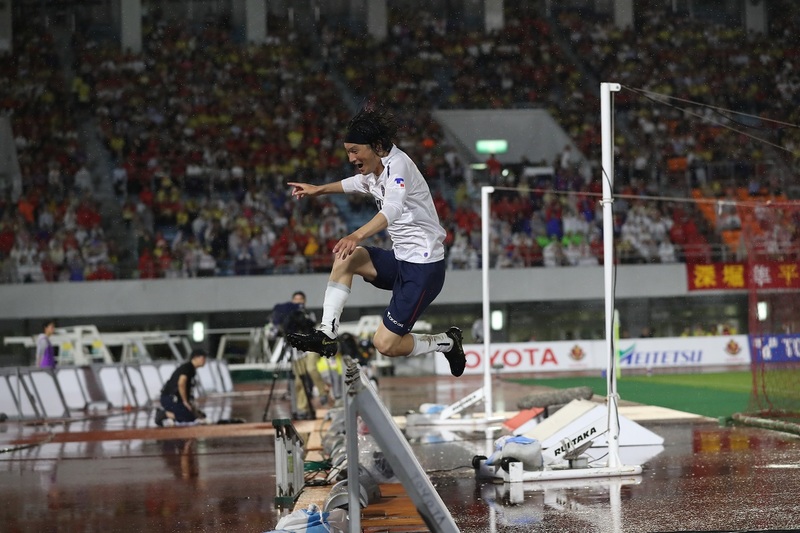
And, at the same time as graduating from junior high school, I decided to leave my parents and cross over to Sanfrecce Hiroshima Youth. I passed the test, but I also thought, "Maybe I should just have fun playing soccer in my hometown." When I expressed this to my parents, they pushed me, saying, "If you're going to play soccer with that kind of mindset, you should go to Hiroshima."
"I think I wanted to be told to go. If I hadn't been told there, I wouldn't have become a soccer player."
The new environment that I acquired from 2002 was a series of surprises. "Why are you so good? Fast? Strong?" and above my head, there were question marks lined up, and I felt that I couldn't keep up with my teammates.
"Education was already different. Things like actively going for the ball, or communicating with others. The difference in how we were raised, one was like a weed and the other was given proper water and nutrients to grow. There was that much of a gap in skill level. I thought it was impossible because the level was just too different. But I still did my best. How can I catch up to the national team or the youth team? Can I even play this kind of soccer? Even when I became a professional, it was the same. When I transferred to a new team, I just did my best. Every time the environment changed, I always felt a sense of crisis."
Through such realizations and learnings, Takahagi will continue to draw an upward growth curve. Perhaps his high sensitivity that allows him to blend into any environment is his greatest weapon.
"When I entered J-VILLAGE school, when I entered Hiroshima youth team, and when I entered the national team and became a professional, my growth cycle was turning at those times."
And that's because I had cut out the waste and left space for "soccer". That minimalist style allowed me to adapt quickly to new environments. In 2003, at the age of 16 years and 8 months, I broke the record for the youngest player to play in the J-League. After turning pro, I blossomed as a regular player in Hiroshima, starting with a loan to Ehime FC in 2006. In 2010, I received the New Hero Award in the J-League Yamazaki Nabisco Cup, gaining attention as a rising star.
However, it was on that day that Yojiro, who always looked a little ahead, truly "changed". From that day on, a new way of thinking was added to his way of life. For the man who had been continuously improving himself, what was added was the thought of "doing something for someone else". This gave depth and weight to Yojiro's previously selfish way of life, and created the charming figure he is today.
March 11, 2011 -
He, who is sensitive, will never forget what happened that day for the rest of his life.
(Part 2Continued)
※Nov 6 (Wed) Part 2 has been released.
◇Yojiro TAKAHAGI Profile
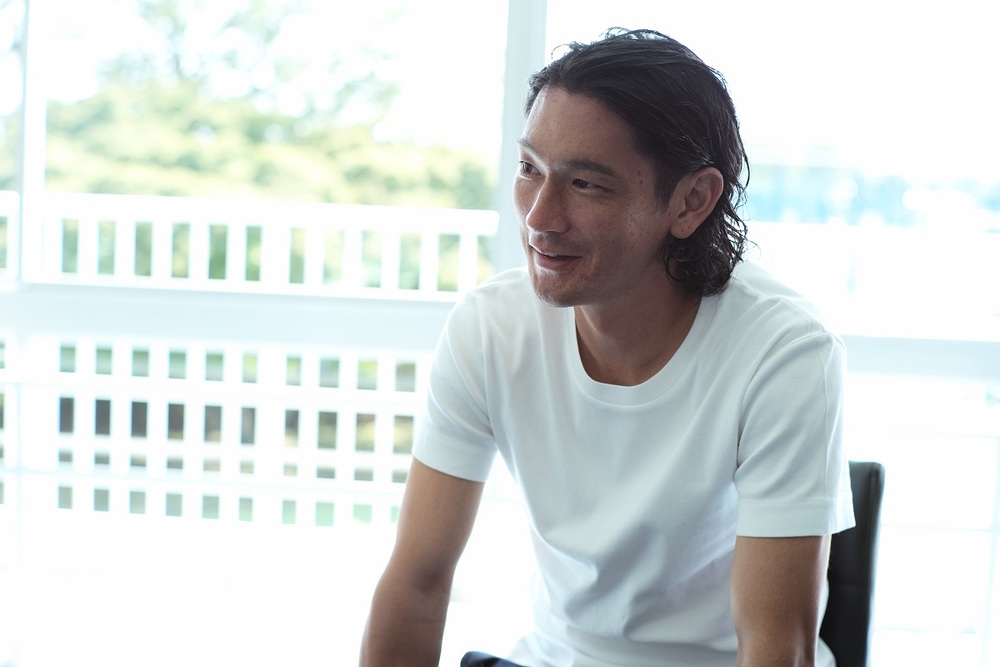
text by Kohei Baba
photo by Kenichi Arai,Masahito Sasaki
